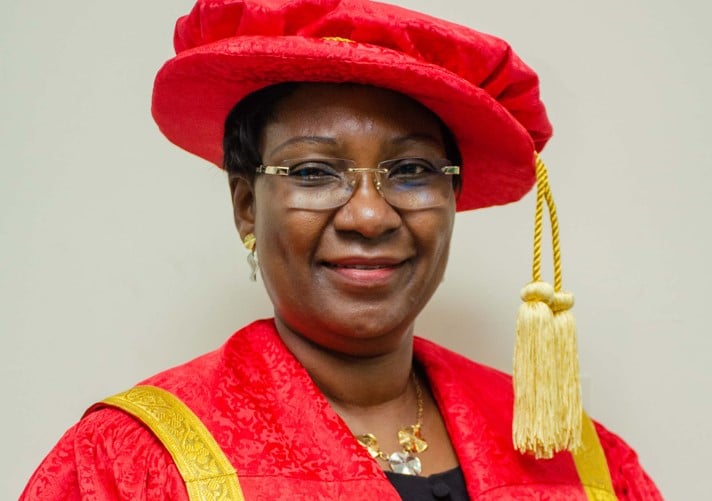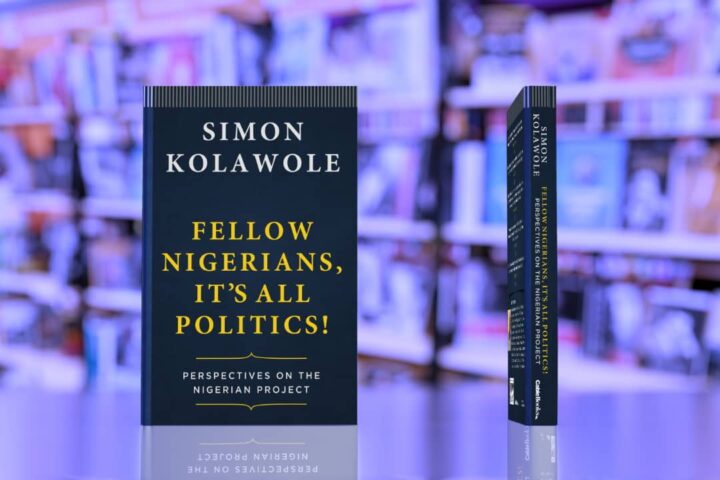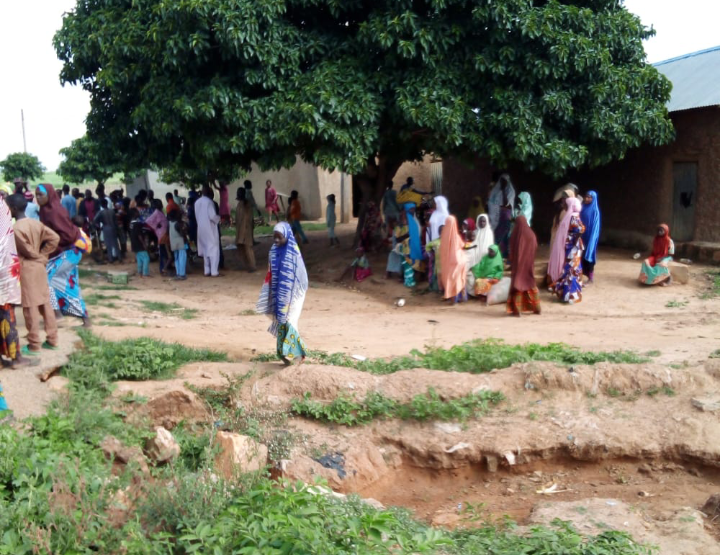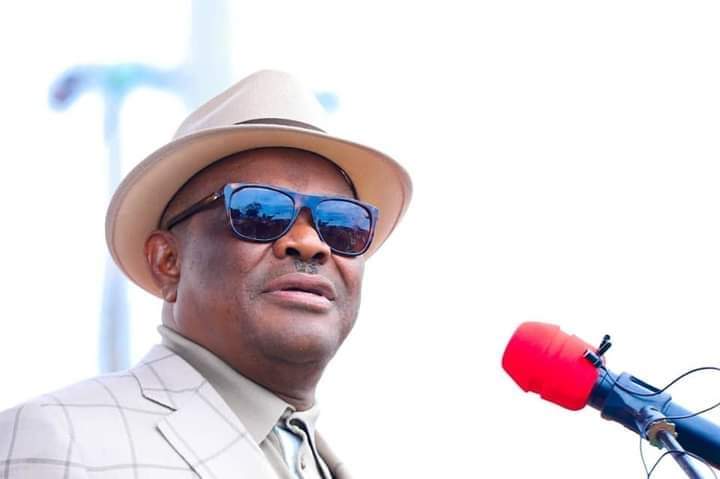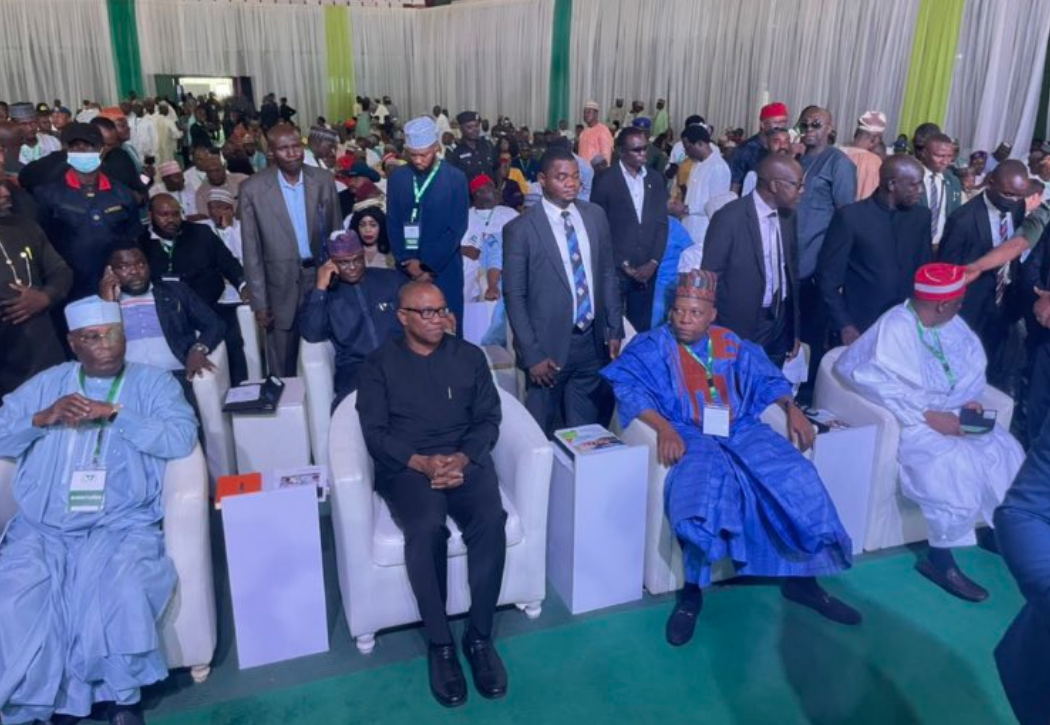Restructuring is a term in the Nigerian political lexicon that seems to mean different things to different people. To some, it is synonymous with Balkanisation, to others, it is dismemberment, as far as their sub-national groups like states or regions are concerned. Some see it as a euphemism for secession, the mention of which, to them, threatens “national unity”. It sends jitters down the spines of those who are benefitting from the current structural imbalance to the detriment of the overall majority of Nigerians. But to those who really understand it, restructuring is a term used to refer to what needs to be done as we try to renegotiate the terms of our co-existence as a people in a country consisting of hundreds of ethnic nationalities, with about 12 dominant ones, and three being the most dominant of all.
It is the need to recalibrate institutions to ensure that Nigeria works for everyone, rich or poor, Muslim or Christian, north or south, male or female, young or old, lettered or unlettered, connected or not. The term, “restructuring”, which is multi-faced and multifaceted, summarily has to do with the need to rejig our lopsided federal arrangement, which tilts the balance of power, heavily, in favour of the central government, to the disadvantage of the federating sub-national units, under the administration of the other two tiers of government – the state and the local governments.
A federal system of government is a constitutional arrangement that distributes powers between the federal, state and local governments. Powers under a federal arrangement are categorised into exclusive, concurrent and residual lists. In the exclusive list are those items on which only the central or federal government can legislate like external relations, internal policing, defence, customs etc. The concurrent list contains those items on which both the central and state and federal governments can legislate at the same time. For example, education, agriculture, taxation, and road maintenance among others. The residual list, meanwhile, comprises those items that are left in the purview of the local authorities. Marriage, death registration, provision of public toilets, and environmental sanitation among others.
One of the items under the exclusive list that has generated so much debate recently in Nigeria is the issue of policing. As it is currently, the Nigerian Police Force (NPF), like the military, is still being run in line with the (so-called unification) decree 34 of 1966 promulgated by General JTU Aguiyi Ironsi. The decree which foisted a unitary system of government on the nation was, in Ironsi’s estimation, needed to bind the nation together following the geo-ethnic tumour and the near national fracture brought about by the January 1966 coup. This is about the “constitutional” basis for the centralisation of the administration of the Nigerian Police Force and some paramilitary establishments that are supposed to be run by the states or local governments for reasons that border on efficiency and the need to be conscious of local peculiarities. The decree engendered nothing but a unitary system in a purportedly federal setting.
Advertisement
That is why some scholars and political commentators call what Nigeria is practising “unitary federalism”. It is federal on paper but unitary in operation. Recent realities of security challenges the country has had to contend with, especially in the past 12 years or so, have, however, continued to fuel the debate on why there is a need for the federal government to devolve (policing) power to allow states and possibly local government authorities run their own police, especially, as the wave and pattern of crimes across the country assume local peculiarities. The argument is summarised thus; “local problems require local solutions”. For instance, “immorality”, some people would argue, is a peculiar problem in places like Kano and some states in the north and Hisbah was, therefore, set up to tackle it. If other states in other regions can identify their peculiar issues and are willing to set up an outfit, within the ambit of the law to tackle them, why should there be a problem?
The fact that in almost every state of the federation, there has been a kind of institutional response from the state government to the issue of insecurity underscores the need for state police in Nigeria. Why the political elites who could make it happen are opposed to the idea remains a puzzle that only time would solve.
For instance, someone who is a native of Odot-Ediong, a rural community in Odukpani local government area of Cross Rivers state, is more likely, than not, to understand the local terrain and also understand the social dynamics of the particular crime under focus in the area better than someone from say, Koko, another rural community, in Koko-Besse local government area of Kebbi state. Such a native would, therefore, be better positioned to help tackle such crimes in the area than someone born and bred in a place hundreds of kilometres away. Again, the force, with its customarily straight and rigid line of command and communication is one institution where respect for the hierarchy is cast in iron as a rule. It would, therefore, be difficult for a state commissioner of police, as we’ve witnessed severally, to use his initiative based on the local circumstances in certain cases that require responses in real-time to act without approval from the inspector general of police or an assistant inspector general of police, as the case may be. This is also what characterises the relationship between the CP, the area commanders, and divisional police officers down to the constables who are on highway patrol. The above scenario has, on so many occasions, led to the avoidable loss of lives and properties in the country.
Advertisement
As a response to such slowness in the process of getting the needed approval for action in situations of emergency that almost always result in catastrophic losses of lives and properties, some state governors like Samuel Ortom of Benue together with his southwestern and southeastern counterparts have come up with some regional security arrangements to give real-time responses to local security challenges. Ortom named Benue state’s arrangement ‘The Community Volunteer Guards’ (CVG) to tackle the activities of those he tagged “criminal herdsmen” who have been destroying farmlands, killing and maiming villagers across the state for years. Meanwhile, the southwestern states named theirs Western Nigeria Security Network (WNSN), popularly known as “Amotekun”— Cheetah to tackle the rising spate of kidnapping, among other crimes in the region. In the southeast, “Ebube Agu” has also been launched but their activities have been somewhat overwhelmed by those of the unknown gunmen killing people and destroying properties in the region in a way that has brought the economy of the most enterprising group of Nigerians to its knees. Even in the northeastern part of the country, establishing what is called the Civilian Joint Task Force, popularly known as “Civilian JTF”, made up of local volunteers has also been a response to the menace of Boko Haram insurgency using their knowledge of the local terrain in intelligence-gathering to complement the efforts of federal forces.
Having given the above background to the popular call for state police in Nigeria, the above caption tells the whole story as it affects the issue and how much those in charge of our sociopolitical affairs have been living in denial. In the aftermath of one of the numerous massacres in Benue state, the president and the commander-in-chief of the Federal Republic of Nigeria, President Muhammadu Buhari, ordered the inspector general of police to relocate to Benue with a view to bringing the situation under control. But to the chagrin of keen observers, the IGP remained ensconced in the comfort of his well-furnished and air-conditioned office in Abuja. When such an act of insubordination was brought to the attention of the president, his response was : “I am not aware”.
That is one of the symptoms of over-centralisation of administration of a large but ineffective police force. Assuming the state has its own police and the state governor asks the CP or whoever is in charge to relocate temporarily to an area of conflict because of the close distance, he won’t dare disobey the governor. It shows how the stark reality of the need for state police continues to flash itself in our national face. The irony of it all is that the region that has been most opposed to the idea of state police, the north, has finally come to terms with the fact that it is the way to go. It was a massive surprise and relief when about two weeks ago, the news surfaced that the Katsina state governor, Aminu Bello Masari, is launching a security outfit to tackle kidnapping and banditry in the state. The state is one of the worst-hit states in the north as far as the recent spate of kidnapping and banditry are concerned.
According to reports, the volunteers are currently undergoing basic training on how to handle light weapons like AK47. The governor reportedly plans to apply to the federal government for a license for the operatives of the outfit to bear arms after they must have been trained. It would be recalled that despite being creations of their respective states houses of assembly’s edict, Amotekun and the Community Volunteer Guards are not yet allowed to bear arms as the federal government is the custodian of the approval for anybody or outfit so created to bear arms in the country and hasn’t granted it so far. So it was a relief to people like yours sincerely that northern politicians are gradually coming to terms with how ineffective a centralised police force is in tackling crime in a country that is as large as Nigeria and the need to travel the route of state police. When Zamfara was gasping for breath under the yoke of terrorism (that Aso Rock prefers to call banditry), the federal security agents became overwhelmed due, in part, to a shortage of manpower because the men of our armed forces were fighting on so many fronts at the same time across the nation. Meanwhile, the police are ill-staffed, ill-motivated and ill-equipped to complement the efforts of the military.
Advertisement
The governors of Benue and Ondo states who have applied to the federal government to grant licenses to their respective security outfits without success have reacted to a viral video of Katsina vigilantes in training with AK47s. The optics in that video has been interpreted to mean that the federal government had, behind the scene, given approval for Katsina to arm its outfit with sophisticated weapons while the same has been denied other states. I hope this is wrong because one very worrisome report has it that Governor Rotimi Akeredolu has vowed to dare the federal government and go ahead to arm Amotekun in Ondo state since Katsina vigilantes are now bearing arms. “If Katsina, why not Ondo,” read a report. Governor Ortom also reportedly said if the federal government refuses his application to arm the CVG, he would turn to the people of Benue for the same to arm CVG.
This is a recipe for anarchy and the president must act fast in coming clean on this, by either denying if untrue. And if it is untrue, grant the approval across board. If the federal government fails to do any of the above, it would be incumbent upon the national assembly to initiate a constitutional process that will give the idea of state police a smooth take-off, without any unnecessary loss of lives and properties.
I am not surprised to see that, some people are still in staunch opposition to the idea (of state police) due to reasons best known to them. But we are not unaware of the fact that some people have invested their hopes, heavily, in overseeing a big-for-nothing and inefficient centralised federal police force, making fortunes out of the misfortunes of Nigerians or advancing sectional interest in a way that undermines the national security. They prefer the current situation to being involved in a right-sized state police force that will be effective in crime-fighting and that guarantees every Nigerian the right to sleep with their eyes closed.
While I’d agree with some people who are opposed to it, out of the fear of state governors using it to witch-hunt political opponents, I’d also like to ask; “is that not happening now under a federal government-controlled and funded NPF?” Some believe that Nigeria is not yet ripe for such an arrangement. And I shudder to ask again; “at what age or stage does a nation become ripe for state police? And who determines the age?” Some also base their fears on the governors’ penchant for owing workers’ salaries due to “paucity of funds”. Then I ask again; “do they think that the federal government will shed part of its responsibilities without letting go of a commensurate percentage of its share of the nation’s revenue to fund the devolved responsibilities?” Some fear a situation whereby once such concession is wrested from the federal government, the state governors would divert such funds into private purses. Then I ask again; “don’t they think it would be possible to charge the fund standing to the credit of the police on the consolidated revenue fund directly, like those of the judiciary?” My take is, if we could run state judiciary successfully, we can adapt the template to policing and other paramilitary establishments, if and when there is devolution of power to that effect.
Advertisement
Anyway, we can continue to live in constant denial of our reality that we do not need or are not ripe for state police. Reality will continue to stare us in the face, just like a shadow follows an object about. The price to pay is to accept the new wave of insecurity as a new normal because we cannot continue to do something the same way and expect different results. But if that will be the case, then as we save for house rent, children’s school fees, and investment, we might as well be saving for ransom in case we’re kidnapped since we are convinced that rejigging our security architecture, as it affects internal policing, is not the way to go.
Abubakar writes from Ilorin. He can be reached via 08051388285 or [email protected]
Advertisement
Views expressed by contributors are strictly personal and not of TheCable.
Add a comment



